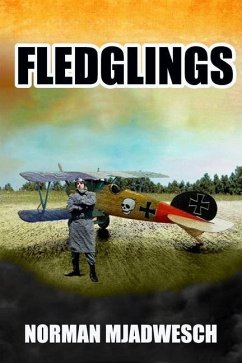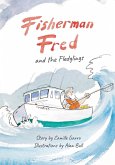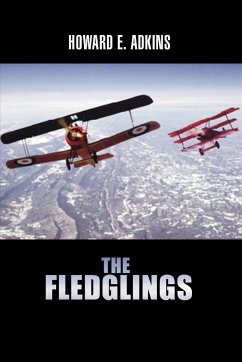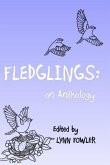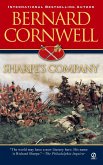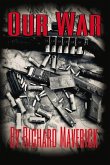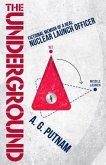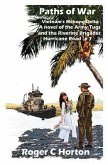It is 1916 and the Great War is about to venture into the skies of Western Europe in numbers never previously imagined. For the next two and a half years the intensity of aerial combat grows exponentially as new machines are continually brought into service and new tactics evolve. For the men who fly these missions a multitude of skills need to be learned in short order before they can expect to stand a chance of ever going home. The combat sequences are derived from an algorithm created by the author to give original but realistic content, from dog-fighting to strafing attacks to suicidal balloon-burning missions. This is set against a backdrop of squadron life, including everything from routine maintenance and rosters to the most mundane pastimes of the semi-literate. Fledglings follows the lives of airmen on both sides of the lines: Sebastian von Bülow, born to a life of privilege; Ross Burke, an Australian serving in the RFC; George Miller, a former navy flier commanding a squadron of Camels in the final year of the conflict. Their experiences are similar but different, and Fledglings is a story that dissects their mental state: how do people deal with their fellows; how do they cope with the stress of combat; what causes personalities to change? Men of all walks of life learn to live together and die alone.
Hinweis: Dieser Artikel kann nur an eine deutsche Lieferadresse ausgeliefert werden.
Hinweis: Dieser Artikel kann nur an eine deutsche Lieferadresse ausgeliefert werden.

